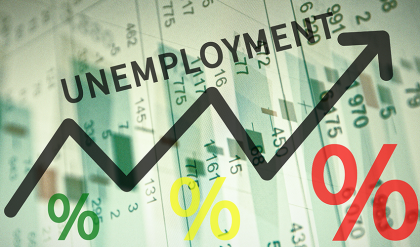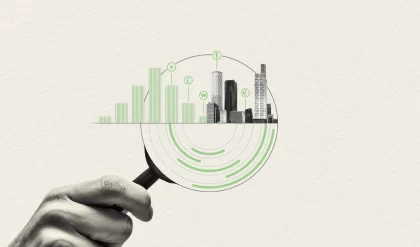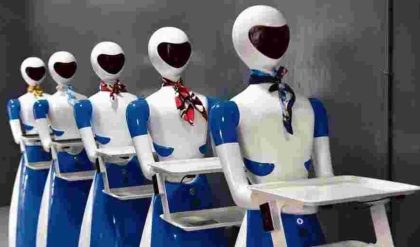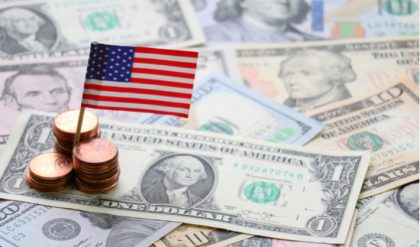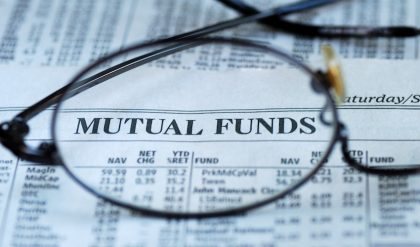
A panel discussion at the American Economic Association conference in Atlanta in January. The association has announced several measures to combat harassment and discrimination against women and minorities in the profession.
Nearly 100 female economists say a peer or a colleague has sexually assaulted them. Nearly 200 say they were the victim of an attempted assault. And hundreds say they were stalked or touched inappropriately, according to a far-reaching survey of the field.
The results, compiled by the American Economic Association, also reveal deep evidence of gender and racial discrimination within the field. Half of the women who responded to the survey said they had been treated unfairly because of their sex, compared with 3 percent of men. Nearly half of women said they had avoided speaking at a conference or a seminar to guard against possible harassment or “disrespectful treatment.” Seven in 10 women said they felt their colleagues’ work was taken more seriously than their own.
More than 9,000 current and past members of the association, both men and women, took part in the survey. And the results have jolted the group’s leaders, who announced several measures on Monday to combat harassment and discrimination.
The moves include the appointment of an ombudsman empowered to investigate complaints of misbehavior by economists, and the threat of professional sanction — including the potential loss of prestigious awards — for economists who are found to violate a new anti-harassment code.
Ben S. Bernanke, the former Federal Reserve chairman who now heads the economic association, said he was “concerned and disturbed” over what the survey revealed.
“It’s bad for economics,” Mr. Bernanke said. “It’s very unfair to those who are suffering that discrimination, because economics is a fascinating and interesting and lucrative field, and we don’t want to be excluding people for no good reason. We appear to be dissuading talented people from entering the field.”
The alienation is not limited to women. Among black economists surveyed, only 14 percent agreed with the statement that “people of my race/ethnicity are respected within the field.”
Gay and lesbian economists — and others who do not identify as heterosexual — were far more likely to report discrimination and disrespect in the field than heterosexual economists. Only 25 percent agreed that “people of my sexual orientation are respected within the field.” Twenty percent said they had been discriminated against on the basis of sexual orientation.
Janet L. Yellen, the former Federal Reserve chief who will take over as president of the association next year, said the raw numbers made the extent of the profession’s problems clear. Some 85 women reported having been physically assaulted by another economist, in many cases by a direct supervisor. More than one in five women said they had been subjected to an unwanted sexual advance.
“The numbers are very troubling,” Ms. Yellen said. “What you see in this survey is just an unacceptable culture.”
The profession is grappling with mounting evidence of its problems with issues of race and gender. Economics remains dominated by white men, even as women have made substantial gains in other science and engineering fields. And a growing body of research finds that women in economics face discrimination when it comes to hiring, publication and promotion.
Those complaints grew louder late last year after revelations that a Harvard University investigation had found that Roland G. Fryer Jr., one of the field’s brightest young stars, had sexually harassed employees and created a hostile work environment. Shortly after accusations against Mr. Fryer became public, he was elected to the A.E.A.’s executive committee; he later resigned, but the association faced criticism for not acting earlier or more aggressively. Harvard administrators are reviewing the investigation’s findings, and Mr. Fryer has denied the accusations.
The association’s actions on Monday are in part a response to the Fryer case, Mr. Bernanke said. The executive committee is proposing to allow it to remove officers or even expel members for violations of its code of conduct. That provision will require a vote of the membership.
Other changes will take effect immediately. The committee adopted a new policy on harassment and discrimination to supplement a code of conduct adopted last year. Members will have to certify compliance to be considered for leadership positions or awards.
The newly created ombudsman position is an attempt to address a structural challenge: Instances of harassment and abuse often cross institutional lines. In an open letter to the economic association’s leaders last year, a group of graduate students and research assistants called for a “discipline-wide reporting system” to document abuse.
Jennifer Doleac, a Texas A&M economist, said students and other young economists deserved credit for pushing for change. Alice Wu, an undergraduate at the University of California, Berkeley, helped bring attention to the profession’s toxic culture in 2017 with a thesis that documented misogynistic comments on an online message board. Heather Sarsons, then a Harvard graduate student, later that year published a paper showing that women get less credit for work they do with male co-authors.
“There’s tremendous talent there that we still have a chance to keep in the profession,” Ms. Doleac said. “I’m glad that they’re speaking up and giving us a chance to do something.”
The 47-question survey was sent late last year to more than 45,000 current and former members of the association. The 9,000 who completed it, including more than a quarter of current members, represented a high rate for a voluntary survey. About a third of the respondents were women, about a fifth were nonwhite, and about 4 percent identified themselves as gay or lesbian.
Economists cautioned that people could have been more likely to respond if they felt they had faced discrimination or harassment, and that as a result the survey might not be representative of the profession as a whole.
But Marianne Bertrand, a University of Chicago economist who oversaw the survey as the head of a special committee on the professional climate in economics, called the results distressing. “The responses are sort of a mandate” for the association and economics departments to act, she said.
If anything, the survey probably understates the problems. Despite efforts to reach former members, it left out many people who left the profession after facing discrimination or harassment, or who decided against becoming economists at all.
“We’re certainly surveying the winners,” said Lisa D. Cook, a Michigan State University economist who is one of the field’s most prominent black women.
Ms. Cook said women, and particularly black women, had long felt that their ideas were being dismissed or that they were not being given the same opportunities as their white male colleagues. But she said she and her peers often pushed those suspicions to the side.
“I’m just going to keep being nice and one day people will believe me,” she said she remembered thinking earlier in her career. “I’m going to keep being smart, and one day people will believe me. I’m going to keep sending out these papers, and one day people will believe me.”
Indeed, the survey results also showed how harassment and discrimination ripple through the profession. A third of black economists said they had “not applied for or taken a particular employment position” to avoid harassment or discrimination. Nearly half of women said they had not presented an idea or asked a question at a conference or at their school for the same reason.
Martha Bailey, a University of Michigan economist and a member of the A.E.A.’s executive committee, said she was one of them. She said the survey — and a broader reckoning within economics in recent years — had forced many women to confront the possible impact that sexism had had on them and their careers.
“There’s this part of me that regrets those decisions, and there was a sadness when I took the survey,” Ms. Bailey said.
Women said the results were not, on one level, a surprise, confirming what many have experienced. But they said there was value in having numbers that show how widespread the problems are.
“We’re economists,” Ms. Bailey said. “Numbers are important.”

